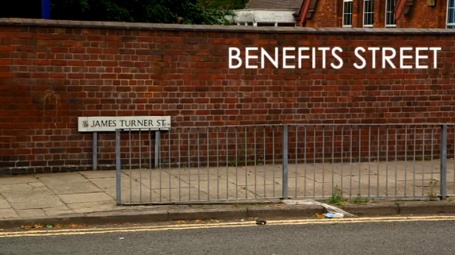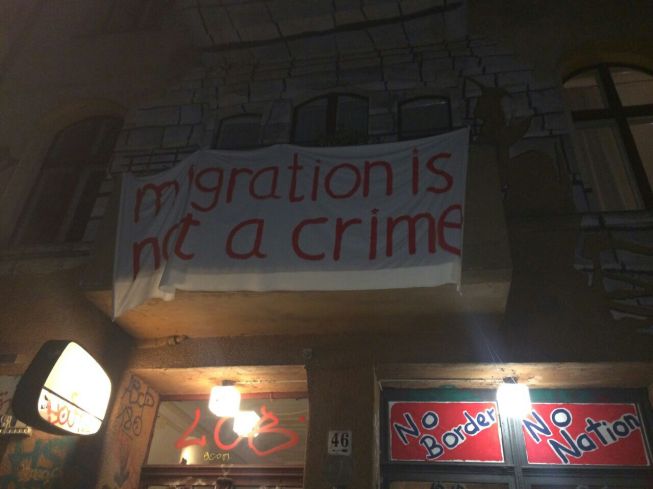Cecelia Malmström, the EU home affairs commissioner, seems to be causing a bit of confusion and commotion right now.
According to this article from Malta Today, the commissioner stated that “Frontex plus, or whatever it will be called, is going to be framed as it is still being drafted and tasks and responsibilities have yet to be spelt out. It however will be a bigger operation than Frontex and different from Mare Nostrum.” This arrives as a sort of sequel to last week’s announcement by Malmström that the EU had agreed to spearhead a new program in order to alleviate the strain being put on the Italian navy, in its efforts to control irregular migration within the Mediterranean Sea. It was never specified, however, that the program would fully take over the navy’s efforts, despite the unspoken assumption that it would.
While I am sure that confusion is raining down upon those in Italy who pleaded with the EU to step in and help out, Malmström does make a particularly astute point when she goes on to say “Rather than burden sharing we should be talking about responsibility sharing…with 28 member states we should be dong much more, but there is no legal mechanism to impose this.” This is a point that has come up, time and time again. As a Union, if we are trying to create a smaller “democratic deficit” within our government, then shouldn’t all member states share a part in alleviating Italy’s struggles? It has been reported that countries France and Germany have pledged their support for this new program, but when a country, such as Italy, tends to act as a way-station for these irregular migrants who tend to enter by sea, and then leave to journey further up north, would it not then be mutually beneficial for all countries to become involved? Especially when these aforementioned northern European countries keep imposing all kinds of restrictive policies in order to crack down on undocumented migrants within their country?
The EU might seem to be taking half a step back, but in my opinion, most member states have refused to take their first step forward.
What are your thoughts on this new statement by Malmström? Think I’m being too harsh on EU member states, or maybe not harsh enough? As always, you can email me at thetransitnational@gmail.com or tweet me @transitnational.







